Commentary: Slim pickings and silver linings in 2019 midterm election
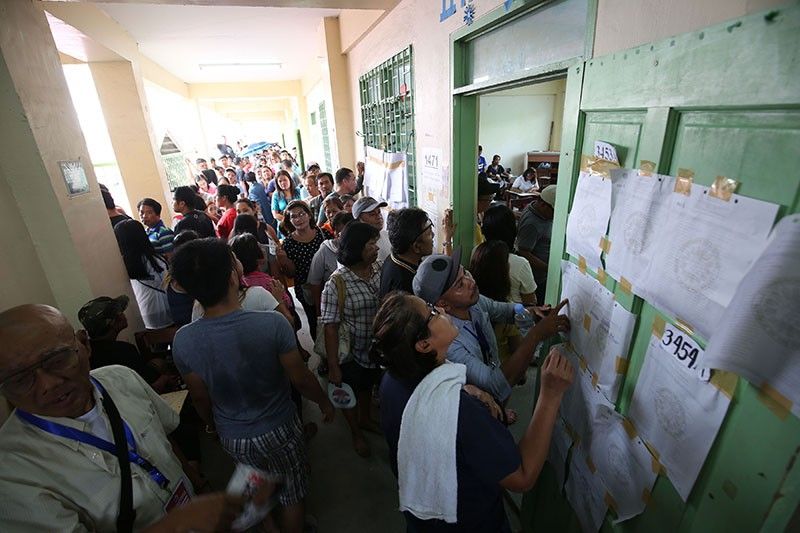
Slim. Both pickings and silver linings. That would be a pre and post-election summary for Filipino voters. The lack of choices is not because there were few candidates.
There were 62 candidates for the twelve senatorial posts. For the House of Representatives, there were 614 candidates for the 245-member legislative body. It is precisely because we have too many candidates for the 18,071 elective positions needed to be filled both at the national and local level.
The Philippine elections is designed to ensure a winner-take-all, candidate-centric system rather than a program or policy-centric one. Is there a remedy for this? Yes. It is called electoral system redesign. This type of institutional reengineering has been done in other countries in order to have a more inclusive and representative leadership in government.
Simply put, it’s the optimization of turning votes into elected seats. Choosing and redesigning our electoral system can have a significant impact, not just in terms of increased representativeness and fairness, but on the country’s long-term quality of democracy and development.
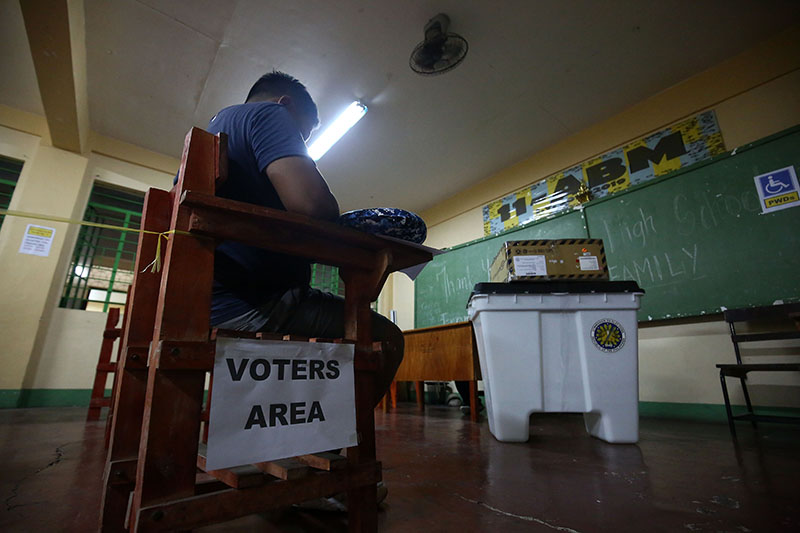
Slim pickings
Dynastic families
A reason for the slim picking and lack of choices is due to the proliferation of dynastic families in Philippine politics. We all know this. It’s the same old, same old: Same old names, same old faces, same old politicos.
In 2018, the number of young people in the Philippines ages 24 and below was at 52% of our population. Surely, from our young population there are excellent leaders and creative minds who can help provide solutions to our political, economic and social problems.
According to an Ateneo School of Government 2016 data, 77.5% of the members of the House come from dynastic families. 68.8% of mayors come from dynastic families and 81.3% of governors come from dynastic families.
Where there are dynasties one can expect lower human development and higher poverty incidence. It is not unusual to have the same family controlling local politics for most, if not an entire, voter’s adult life. This is especially true for local politics.
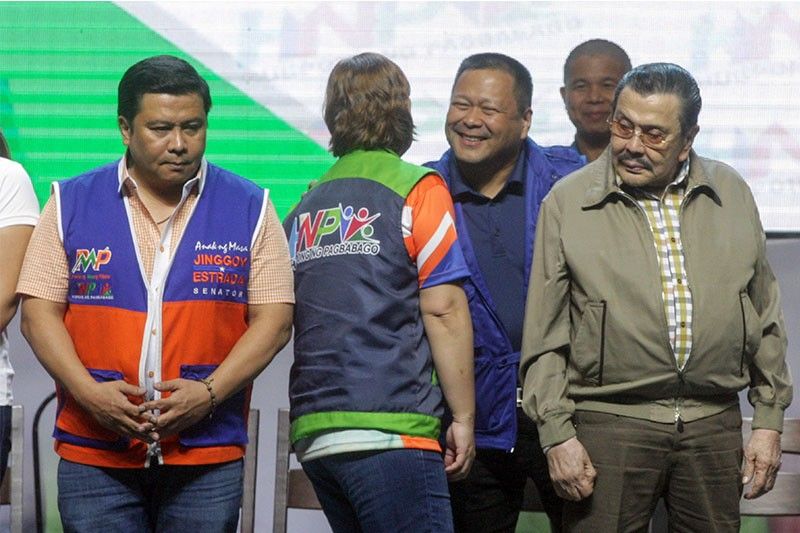
High cost of campaign
I have a student who spent P10 million of his own money to be a nominee for a party list. His party-list spent at least P50 million for an unsuccessful bid in the 2016 elections. Majority of Filipinos do not have that kind of money to run for public office. Upon hearing the story of his electoral expense, one classmate joked that he could have lent her the money to build a house.
Absence of programmatic political parties
There are not many political parties with clear programs and platforms. These parties can develop talent from its pool of members who are fit to serve public office. Political life is certainly not for everyone. But for those inclined, political parties can hone and encourage strong positions and advocacies.
Parties can enthuse young and promising individuals with leadership potential to take on a more active role in public life. Party membership and exercises filter the quality of candidates, the best of the best, to represent the party and lead the party to electoral victory.
Slim silver linings
The electoral loss of some dynastic families in urban Metro Manila are slim silver linings to a larger and persistent problem. In Manila, former President Estrada lost to former Vice Mayor Isko Moreno. In San Juan, the Estrada-Ejercito dynasty of 50 years likewise ended with Francis Zamora winning the mayoralty. His father, Ronaldo Zamora, won as congressman. The Zamoras are no political newcomers and were former allies of the Estradas.
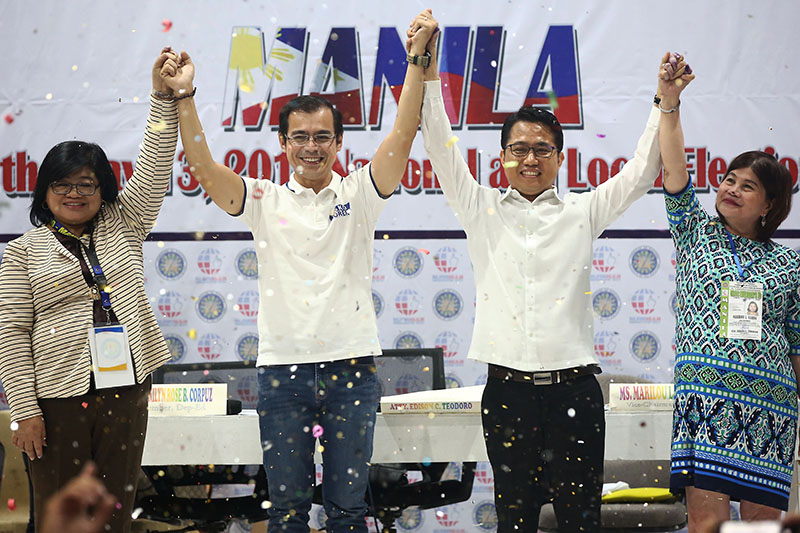
In the case of Makati, patriarch Jejomar Binay lost to former ally Kid Peña for the 1st District congressional seat. Daughter Abby Binay won with a campaign showcasing her accomplishments as an alternative Binay to her brother Junjun. The all too real, and very public, family feud of the Binays only strengthened the position of Abby. She was able to show that she is far and distant from the corruption controversies that hounded her brother. However, Makatizens still had to choose between two Binays.
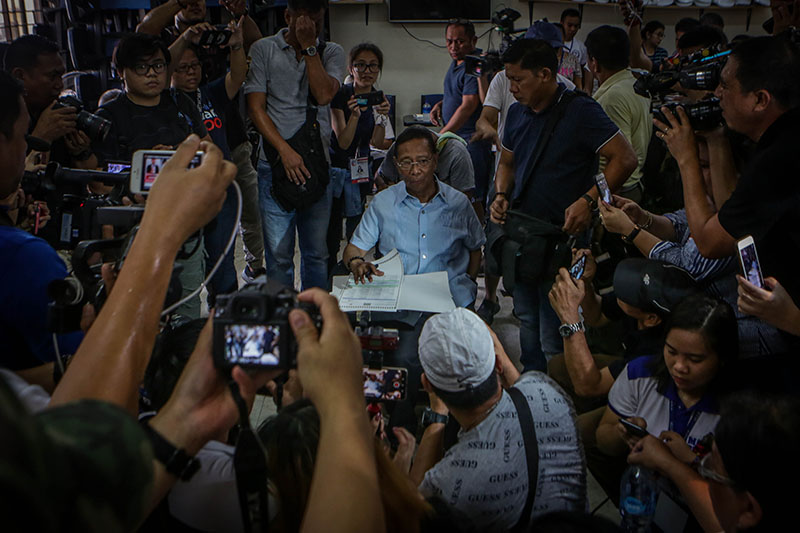
The story of Pasig in the 2019 elections is seen as a bright spot.
A seeming David and Goliath between the Eusebio dynasty and a 29-year-old councilor brimming with idealism and reform initiatives. It does not hurt that Vico Sotto comes from showbiz royalty. But it will be an uphill climb for Sotto to initiate reforms in the city of Pasig as the majority of the city’s councillors are allies of the Eusebio.
Save for Pasig, where is the silver lining when the option against a dynastic candidate is one who is plagued by allegations of corruption or one with a reputation for not having a work ethic?
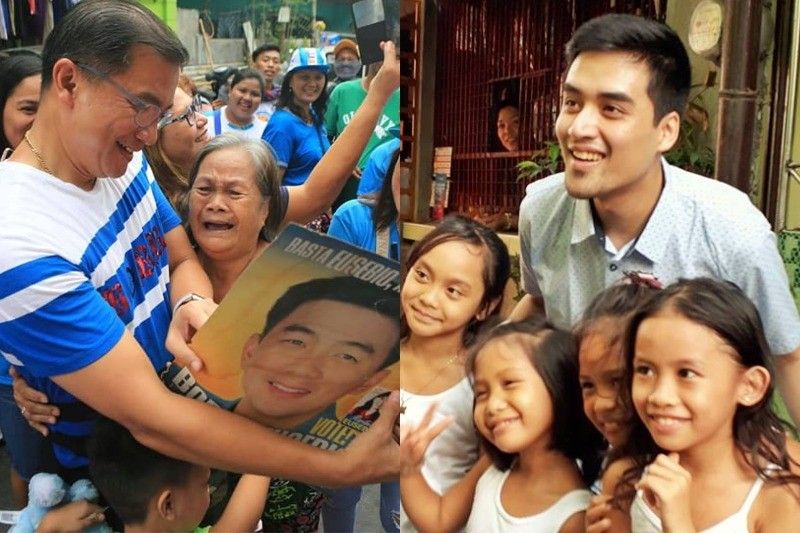
The outcome of campus mock elections is one more slim silver lining.
In universities nationwide, senatorial mock elections were held. Candidates were given time to talk about their positions and platforms. The top three choices of young people were Chel Diokno, Neri Colmenares and Samira Gutoc. They ignored the old political names and actors. Instead, they opted for new names and new ideas.
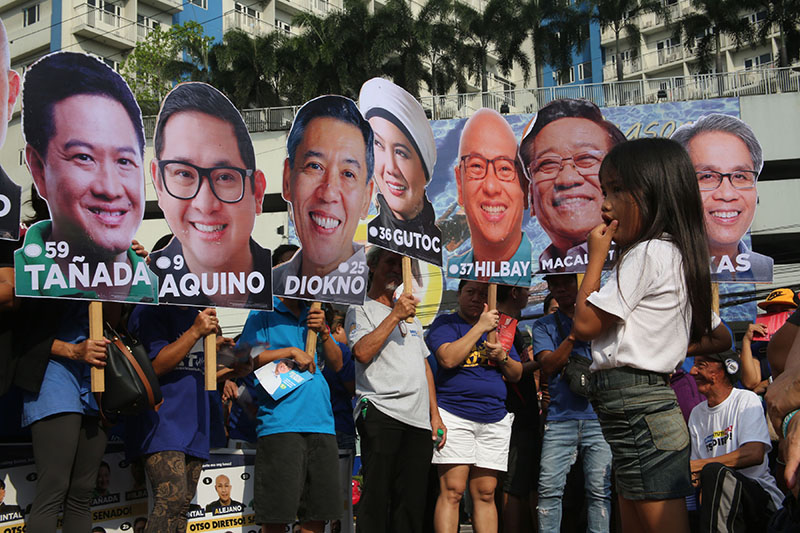
The solution is not voter’s education. We do not need educated voters. We need educated Filipinos. Our public education system still has a long way to go to deliver quality education.
The Philippine Business for Education reported low listening comprehension and reading comprehension skills in students. How can we expect higher thinking skills from our voters when child malnutrition persists?
An educated Filipino will be a voter with access to employment, water and sanitation, infrastructure and healthcare—the starting point of an enriched quality of life. Education brings empowerment and self-determination. An educated Filipino is more likely to be a thoughtful voter. And perhaps an active citizen.
Is the key to our problem education? Yes, but it is not just education. The keys to our problems are multiple. Electoral system redesign can help level the playing field along with political party reform. Two of the starting points can be in:
1. Increasing the capacity and autonomy of our election management body will improve the quality of our elections.
2. Reminding our leaders to “moderate the greed,” as Secretary Romulo Neri once said. An independent ombudsman and judiciary will need to work in tandem to create interventions that will condition public officials to do so.
We need leaders who are able think of long-term, sustainable gains for the country. There is a way: political and economic leaders of this country need to have a consensus that it’s time to talk about building our political institutions. We need to have that conversation.
Cleo Calimbahin, PhD is an associate professor with the Department of Political Science at De La Salle University-Manila.
- Latest





























